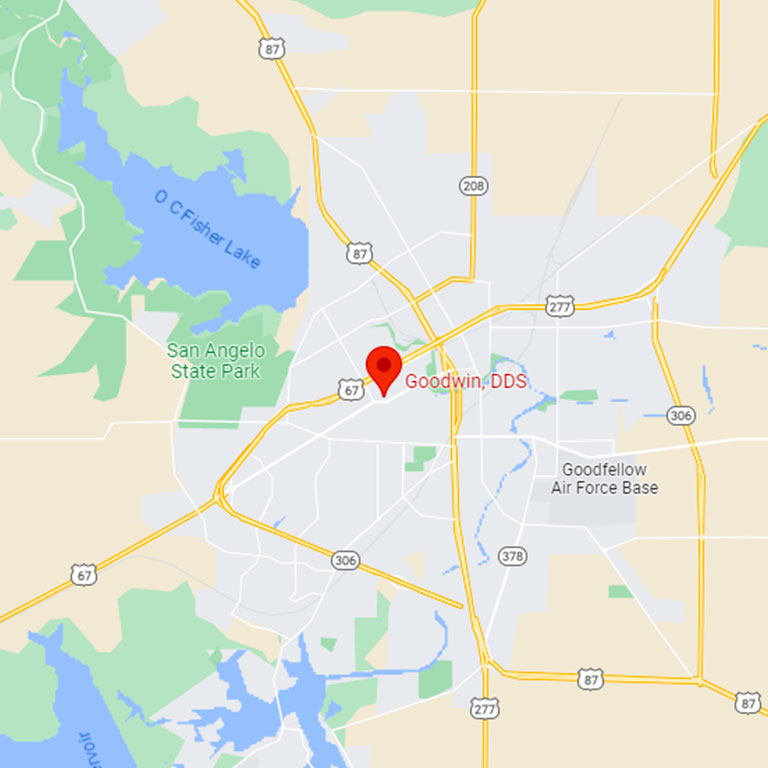Why teeth crack
People are living longer lives these days and, unfortunately, more stressful lives. This exposes our teeth to more problems than people may have encountered in the past. Issues such as grinding, clenching, and masticating hard food can cause your teeth to crack. Our dentists will examine your teeth and may recommend treatment to ensure there is no further damage to the teeth or the surrounding tissues.
Signs of a cracked tooth
- Sensitivity to heat or cold, usually extreme
- Sharp or shooting pain while biting
- General pain while eating or drinking
- Usually, though not always, on back teeth
- Pain which appears spontaneously
- Cracks can be asymptomatic
- Cracks are not always visible to the eye
The procedure
The procedures for a tooth that has been cracked will depend on your symptoms, as well as the size and location of the crack. If the crack is small and not causing pain, no treatment may be necessary. If the diagnosis is unclear, a referral to an endodontist for evaluation may be advised. If the crack is large, exploratory removal may be elected to see how deep the crack travels (does it arrest in the top of you tooth or creep down further onto your root surface). If your dentist is concerned that further damage may be caused, a crown may be used to protect the tooth. A root canal will be performed if the crack has affected the pulp or nerves. The final option is extraction, but only if the crack is severe and the tooth cannot be saved.

